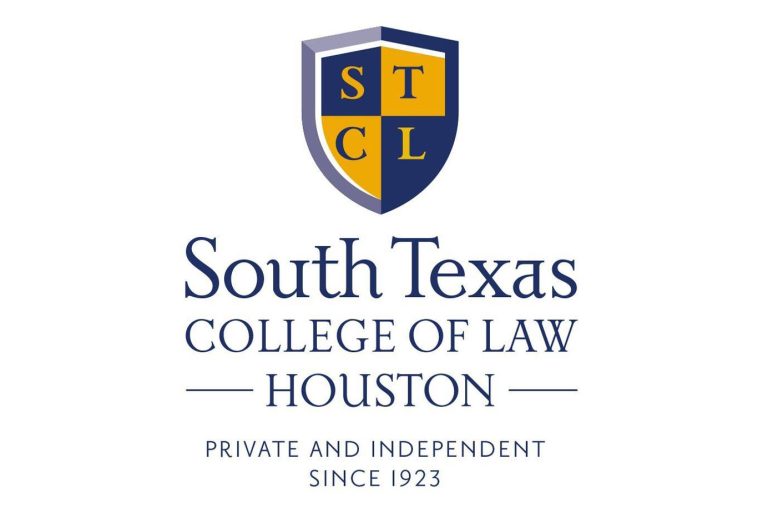Since its inception in Galveston on June 19, 1866 — one year after enslaved African Americans in the state learned they had been freed by the Emancipation Proclamation — Juneteenth has been celebrated in Texas.
Originally called “Emancipation Day,” June 19 became a state holiday in Texas in 1980 — largely due to the efforts of the late State Rep. Al Edwards, a lifelong civil rights activist from Houston. Texas was the first state in the nation to make the abolition of slavery an official holiday.
For many years, Texas was the primary home of Juneteenth celebrations. Over time it became recognized as an official holiday in dozens of states across the nation. Juneteenth recently became a national holiday, signed into existence by President Joe Biden on June 17, 2021.
Originally, Juneteenth celebrations were called “jubilees,” reflecting the biblical sense of the word meaning “celebration of freedom.” The festivities often included parades, prayer services, rodeos, food, games, music and dancing, and readings of the proclamation first read in Galveston in 1866.
Because Jim Crow laws made public gatherings difficult for African Americans, Houston’s Rev. Jack Yates led a fundraising campaign that resulted in the purchase of 10 acres of land upon which to celebrate Juneteenth. It is now known as Emancipation Park, in Houston’s Third Ward. (Booker T. Washington Park in Mexia, Texas, and Emancipation Park in Austin have similar origin stories.)
In addition to participating in parades and festivals, many people celebrate the holiday with backyard barbeques and other family-oriented activities. For some, Juneteenth is an annual opportunity to reflect on the path of freedom for African Americans, and the steps needed to achieve equality.
Two leaders from the STCL Houston Black Alumni Association and the incoming president of the Black Law Students Association share their perspectives on Juneteenth below.

The Honorable Ursula A. Hall ’95
Member, STCL Houston Black Alumni Association
What does Juneteenth mean to you?
The commemoration of Juneteenth, the holiday that began in Texas celebrating the emancipation of enslaved people in the United States, means “an America as good as her promise.” Juneteenth means “the rule of law,” no matter how slowly realized, remains, and prevails as a key principle of democracy that ensures fairness, accountability, and human rights for all. And, Juneteenth means a celebration of identity, culture, and the tremendous contributions of formerly enslaved African Americans to our country’s great history.
What are ways we can commemorate the holiday?
The best way to commemorate the holiday is to make a personal, deliberate commitment to learning about and understanding the true history of the enslavement, emancipation, of African Americans. Visit a memorial, library or digital learning center and truly learn about and contemplate slavery and emancipation in America.
Why is it still important to celebrate Juneteenth today?
As with all historically significant days of remembrance and celebration, it is important to commemorate Juneteenth to help ensure the horrors it includes never occur again. As stated by American philosopher George Santayana: “Those who cannot remember the past are condemned to repeat it.” – The Life of Reason: Reason in Common Sense
Davion P. White ’18
President, STCL Houston Black Alumni Association
What does Juneteenth mean to you?
Juneteenth means a lot to me because it encourages me to uphold my responsibility of advocating for those who many consider unimportant. Every American should be entitled to the same liberties in this country. I believe that one of those liberties is justice. The advocacy work I have the privilege of participating in will ensure that justice is certain for those directly impacted by my work.
What are ways we can commemorate the holiday?
I would suggest commemorating Juneteenth by providing and/or facilitating opportunities to discuss slavery, the impact it had on our country, and the importance of the full support of the federal government to achieve the systemic change most Americans want to see.
Why is it still important to celebrate Juneteenth today?
I believe it is important to celebrate Juneteenth today because we live in a time where certain history has been outlawed from being taught or discussed. Celebrating Juneteenth gives Americans time to reflect on the barriers that Black people faced in this country and encourages us to continue the work that ensures equality for all people.
Malik Wilson, 1L
President, STCL Houston Black Law Students Association
What does Juneteenth mean to you?
On June 19, 1865, slaves in Galveston were finally emancipated, which allowed them the ability to be treated as equal humans. In the year 2023, I am able to fulfill the wildest dreams of those who have come before me in this country. I can create a destiny that extends far beyond the history of chattel slavery and grants me the opportunity to spread my wealth of knowledge with those who don’t have a true understanding of the importance of celebrating a day like this. Juneteenth means using the freedom created by those who suffered slavery long after it was over to secure the destiny of future generations. I am because they were. Their lineage lives with me in everything I do — and it looks like me being able to use my legal education to help and advocate for those in need.
Ways we can celebrate Juneteenth:
- Organize a panel discussion or lecture series featuring prominent speakers who can educate the community about the historical significance of Juneteenth and its ongoing relevance.
- Collaborate with local community organizations to host events such as workshops, art exhibitions, or film screenings that highlight the African American experience and celebrate Black culture.
- Create a scholarship or grant program specifically aimed at supporting Black students and promoting diversity within the legal field.
- Establish a mentorship program connecting current Black law students with successful Black legal professionals, fostering networking opportunities and providing guidance.



